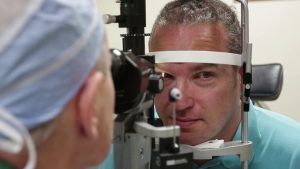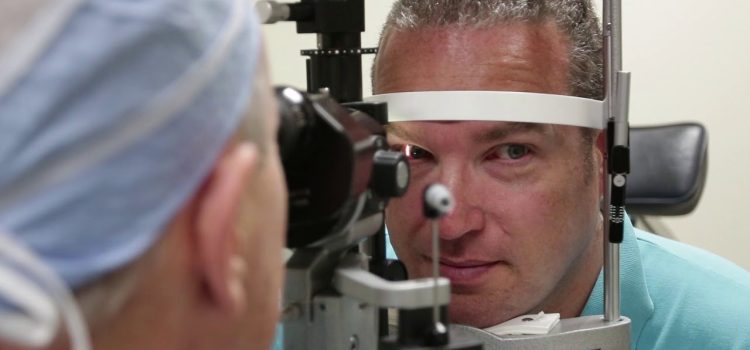
Introduction
The advent of gene therapy in ophthalmology holds great promise, but it also presents profound ethical and regulatory considerations. This article delves into the ethical dimensions surrounding gene therapy for glaucoma and ophthalmology, and its implications for future research and treatment paradigms.
The Promise and Perils of Gene Therapy
Gene therapy in ophthalmology offers a glimpse into the future of medical science. It holds the potential to transform treatment paradigms and significantly impact the lives of patients. However, the power it wields also raises ethical questions and regulatory concerns.

The Landscape of Ethical Concerns
One of the primary ethical considerations in gene therapy is the alteration of the human genome. The permanent changes that can be introduced by therapeutic genes can impact not only the patient but also future generations. Balancing the benefits against potential risks is a complex ethical dilemma.
Regulatory Oversight: Striking a Balance
Ensuring the safety and efficacy of gene therapy in ophthalmology requires stringent regulatory oversight. Regulatory bodies play a vital role in assessing and approving these innovative treatments while safeguarding patient well-being. Striking the right balance between innovation and protection is a delicate task.
Dr. Sophia Reynolds: Ethical Champion
Dr. Sophia Reynolds, a renowned ophthalmologist and bioethicist, has dedicated her career to addressing the ethical challenges posed by gene therapy in ophthalmology. Her expertise in the field of bioethics has been instrumental in guiding the ethical discourse around gene therapy.
Introducing the Knowledge Source: Dr. Sophia Reynolds Dr. Sophia Reynolds is a distinguished ophthalmologist and bioethicist, known for her significant contributions to the ethical considerations surrounding gene therapy in ophthalmology. Her insights have shaped the dialogue on the subject.
Informed Consent and Autonomy
One of the ethical cornerstones of gene therapy is informed consent. Patients must be fully aware of the treatment’s nature, potential risks, and benefits. Preserving patient autonomy and ensuring that they make informed decisions is paramount in ethical ophthalmology practice.
Implications for Future Research
The ethical considerations surrounding gene therapy in ophthalmology will continue to evolve as the field advances. Future research must address these concerns and pave the way for ethical guidelines and regulatory frameworks that support innovation while safeguarding patients and the integrity of the field.

Conclusion
Gene therapy in ophthalmology is a beacon of hope, but it carries ethical complexities that demand our attention. The expertise of ethical champions like Dr. Sophia Reynolds ensures that these considerations are thoroughly explored. As the field advances, striking a balance between innovation and ethics will guide the future of gene therapy in ophthalmology, ultimately benefiting patients and the integrity of the field.










